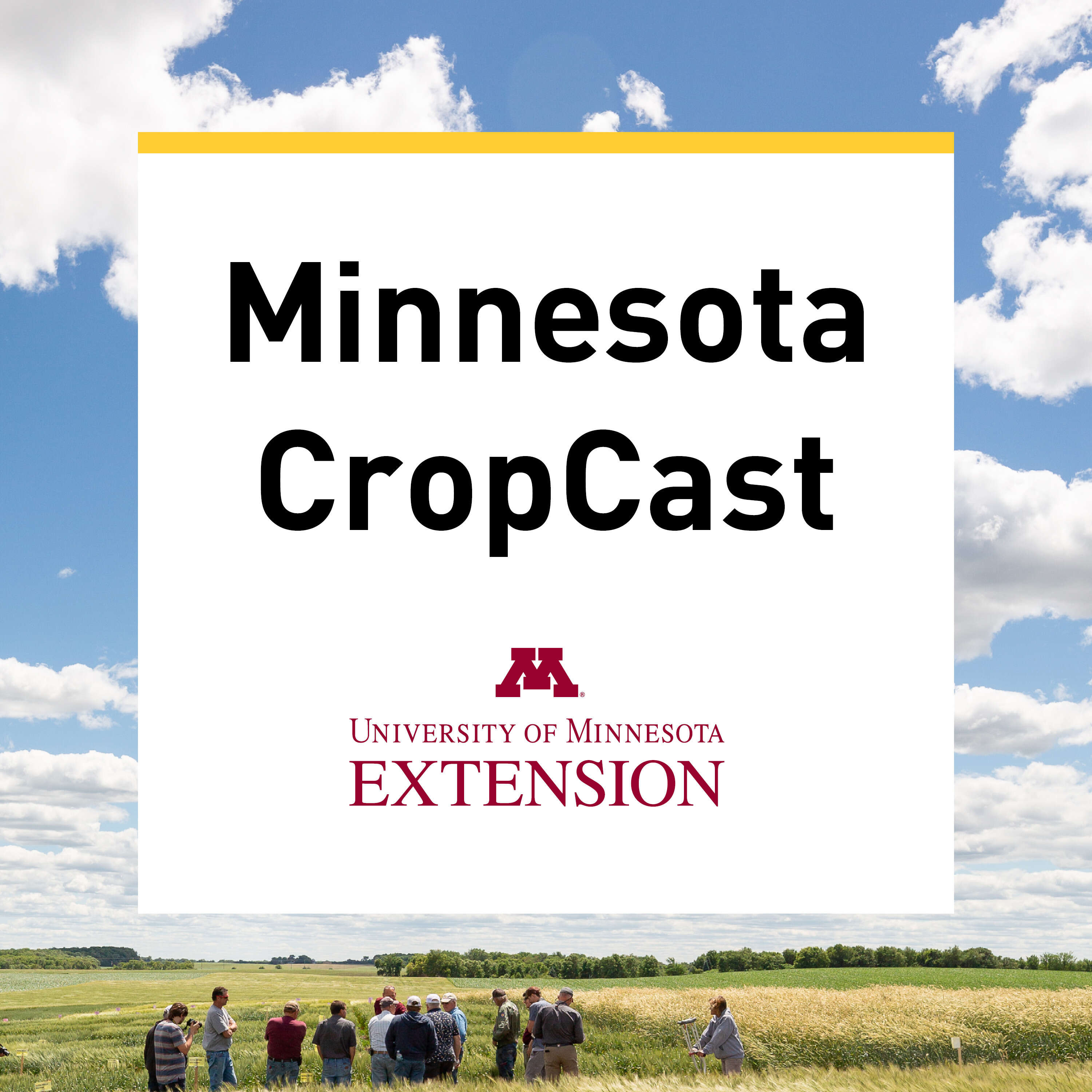An Update from the MN Extension Soybean Entomology Program: Dr Robert Koch is improving insect management for Minnesota’s soybean growers
Dr. Robert Koch is best known for leading the U of MN’s soybean entomology program. Bob has been forced to react to changes in Minnesota’s insect, weather and economic challenges confronting Minnesota soybean growers. In this episode he talks with Dave Nicolai about his applied research and extension activities as well as his personal and academic background. Bob provided an update of his work concerning the management of soybean aphid such as control strategies when dealing with insecticide resistance. Bob and his lab personnel have conducted in-depth lab and field analysis of different insecticide resistance issues facing soybean growers in many areas of Minnesota. Bob has also provided leadership and close coordination with other Minnesota Integrated Pest Management specialists in the study and control options for new and invasive insects which can affect Minnesota soybeans such as the Gall Midge and other defoliator insects. Finally, Dr. Koch provided an update about the current 2023 soybean growing season as effected by the drought and an outlook for the rest of the growing season for insect issues. Dr. Koch has advised many graduate students and their research activities over the last several years and serves as resource for extension educators across Minnesota.

